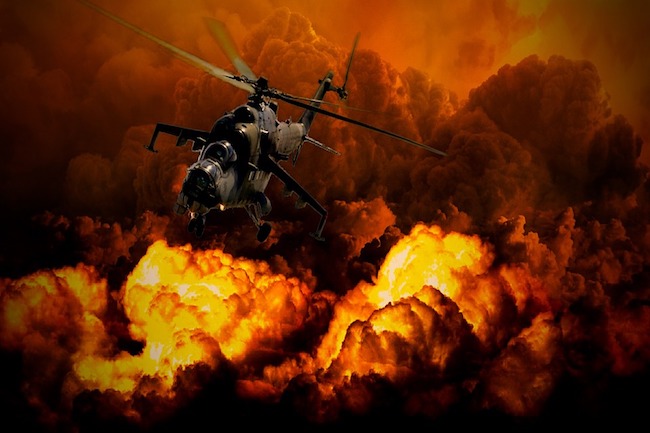Did The CIA Attack the BRI To Disrupt the CPEC? by Pepe Escobar for The Cradle
A Baloch suicide bombing targeting Chinese workers in Karachi comes a mere month after the US-backed ousting of PM Imran Khan. Pakistan is a critical BRI hub in Beijing’s vast Eurasian connectivity project, and it looks like CPEC is the ultimate target of this disruption.
Recently, the Balochistan Liberation Movement (BLA) had released an ISIS-influenced video threatening “Chinese officials and installations” in Pakistan’s vast province.
Yet what actually happened in late April was a suicide bombing outside of the University of Karachi’s Confucius Institute – not Balochistan – and targeting Chinese teachers, not “officials and installations.”
The suicide bomber was a woman, Shaari Baloch, alias Bramsh, who detonated her vestjust as a van carrying Institute staff members approached the entrance. The attack was claimed by the BLA’s Majeed Brigade, which stressed that this was the first time they used a female suicide bomber.
Shaari Baloch was a schoolteacher with a Zoology degree, enrolled to pursue a second Master’s degree, married to a dentist and professor at Makran Medical College in her hometown of Turbat, in southern Balochistan. Her three brothers include a doctor, a deputy director at a government-funded project, and a civil servant. So Shaari Baloch was far from being a mere destitute online-indoctrinated Salafi-jihadi.
The Pakistani Foreign Office had to stress the obvious: this was a “direct attack on the Pakistan-China friendship and ongoing cooperation,” always qualified, by both sides, as “iron brothers.” Pakistan is an absolutely key node of the Chinese Belt and Road Initiative (BRI) to connect the Eurasian landmass.
This was no standard terrorist attack. Its reverberations are immense – not only in one of Pakistan’s provinces and South Asia regionally, but for the whole of Eurasia. It may be a harbinger of serious turbulence ahead.
Shaari Baloch’s act of desperation should be seen, to start with, as the embodiment of a deep-seated Baloch alienation felt by the educated middle classes, from lawyers and traders to students, constantly permeating the complex relationship with a distant Islamabad. A significant part of the puzzle is that 26 Pakistani intel agencies never saw it coming.
Baloch leaders instantly made the point that the best possible reaction would be to call a Grand Jirga – modeled on the Shahi Jirga practiced at the time of the partition of the subcontinent – that would unite all tribal elders to address the most pressing local grievances.
Round up the usual suspects
Balochistan, geostrategically, is as valuable as rare earth minerals: an immense desert positioned east of Iran, south of Afghanistan, and boasting three Arabian Sea ports, including Gwadar, practically at the mouth of the strategic Strait of Hormuz.
Comprising nearly 48 percent of Pakistan’s area, Balochistan is rich in uranium and copper, potentially very rich in oil, produces more than one-third of Pakistan’s natural gas, and sparsely populated. The Baloch account for the majority of the population, followed by Pashtuns. Quetta, the large provincial capital, for years was considered Taliban Central by the Pentagon.
Gwadar, the port built by China on the southwestern Balochistan coast of the Arabian Sea – directly across from Oman – is the absolute key node of the China-Pakistan Economic Corridor (CPEC), and doubles as the essential link in a never-ending pipeline saga. The Iran-Pakistan-India (IPI) gas pipeline, previously known as the “peace pipeline,” with plans to cross from Iranian to Pakistani Balochistan (India still has not made up its mind) is absolute anathema to Washington since the George W. Bush era.




